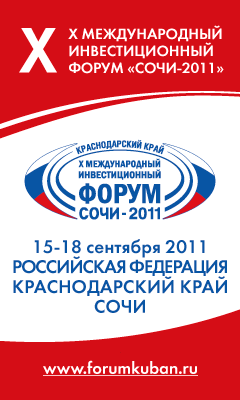In the midst of discussions, meetings and debates regarding a united finance government, the EU has decided to contribute to other economically challenged countries. Yesterday, the European Commission approved 100 million euro for Egypt in an effort to improve living conditions in Cairo, create employment opportunities and to make sustainable energy more accessible.
Making a ‘Real Difference’
“Our support will help where it is most needed, providing better living conditions for poorer people, more jobs and cheaper energy. It will help to make a real difference to the lives of ordinary people across Egypt,” explained Stefan Fuelle, the EU Commissioner for Enlargement and European Neighborhood Policy.
The executive body also announced a 71 million euro package for Jordan, as well as 33 million euro for Lebanon.
“This new assistance will focus on two areas, which I believe are vitally important for a country’s growth- education and energy,” Fuelle said of the Jordanian package. He added that the finances for Lebanon will focus on municipal finance, environmental governance and justice. “Supporting our Lebanese partners in their efforts to create a well-functioning public administration system and boosting sustainable growth and democracy in the country is of vital importance. These reforms will give the Lebanese people more of a say in how their country is run, and help to build up trust and legitimacy of the justice system as a result,” Fuelle said.
The European Commission has also approved a 34.5 million euro package for Algeria.
Stalling for Time?
In the meantime, projects and efforts to help their own countries have reached a sort of standstill. Many witnesses claim the recent meeting between the German Chancellor Angela Merkel and the French President Nicolas Sarkozy did not result in anything productive or original. In fact, many EU countries seem to be stalling for time, as they consider the option of forming a united finance government for the region.


